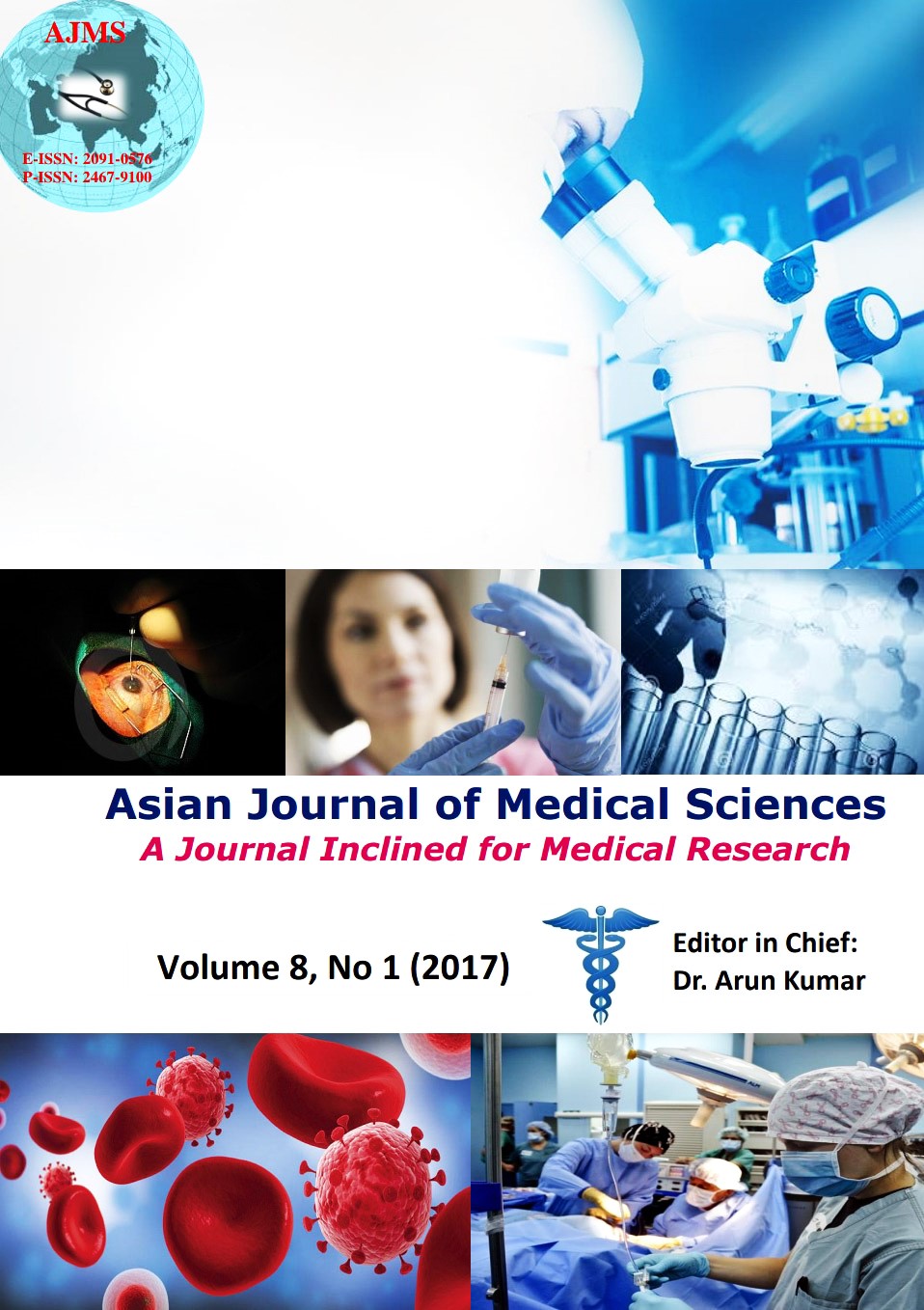Determination of errors that compromise the quality of laboratory service in a tertiary hospital
Keywords:
Clinical, Laboratory, Errors, Quality, ProcessesAbstract
Background: Clinical Laboratory testing is a highly complex process that entails numerous procedures. Although it has been known that laboratory testing services are safe, it is increasingly becoming a common knowledge that they are not that safe. Studies have indicated that there are a number of errors that occur due to laboratory testing processes. These errors may not be realized easily during the testing process, but they make significant impact on the results given.
Aims and Objective: To determine the levels of pre-analytical, analytical, and post analytical errors found in the analysis of Clinical Laboratory specimen at Kenyatta National Hospital.
Materials and Methods: A prospective and descriptive study was carried out at Clinical Chemistry Laboratory, Department of Laboratory Medicine, Kenyatta National Hospital. A total of 346 request forms, specimens/samples and dispatched results were scrutinized and errors documented as per the different variables in the different phases, over a period of three months and the findings were analyzed.
Results: Results of the study showed that Preanalytical errors were most common with a frequency of 148(42.8%), followed by analytical errors 114 (32.9%) and post analytical errors 84 (24.3%), respectively.
Conclusions: The study concludes that pre-analytical, analytical, and post analytical errors are errors that compromise the quality of laboratory service delivery, which impacts on the patient management and diagnosis. Clinical laboratory errors can be minimized if due diligence and professionalism is adhered in the laboratory.
Asian Journal of Medical Sciences Vol.8(1) 2017 64-70
Downloads
Downloads
Additional Files
Published
How to Cite
Issue
Section
License
Authors who publish with this journal agree to the following terms:
- The journal holds copyright and publishes the work under a Creative Commons CC-BY-NC license that permits use, distribution and reprduction in any medium, provided the original work is properly cited and is not used for commercial purposes. The journal should be recognised as the original publisher of this work.
- Authors are able to enter into separate, additional contractual arrangements for the non-exclusive distribution of the journal's published version of the work (e.g., post it to an institutional repository or publish it in a book), with an acknowledgement of its initial publication in this journal.
- Authors are permitted and encouraged to post their work online (e.g., in institutional repositories or on their website) prior to and during the submission process, as it can lead to productive exchanges, as well as earlier and greater citation of published work (See The Effect of Open Access).




